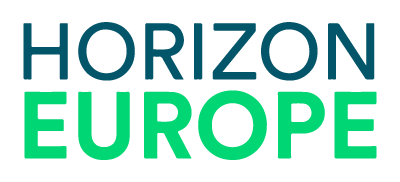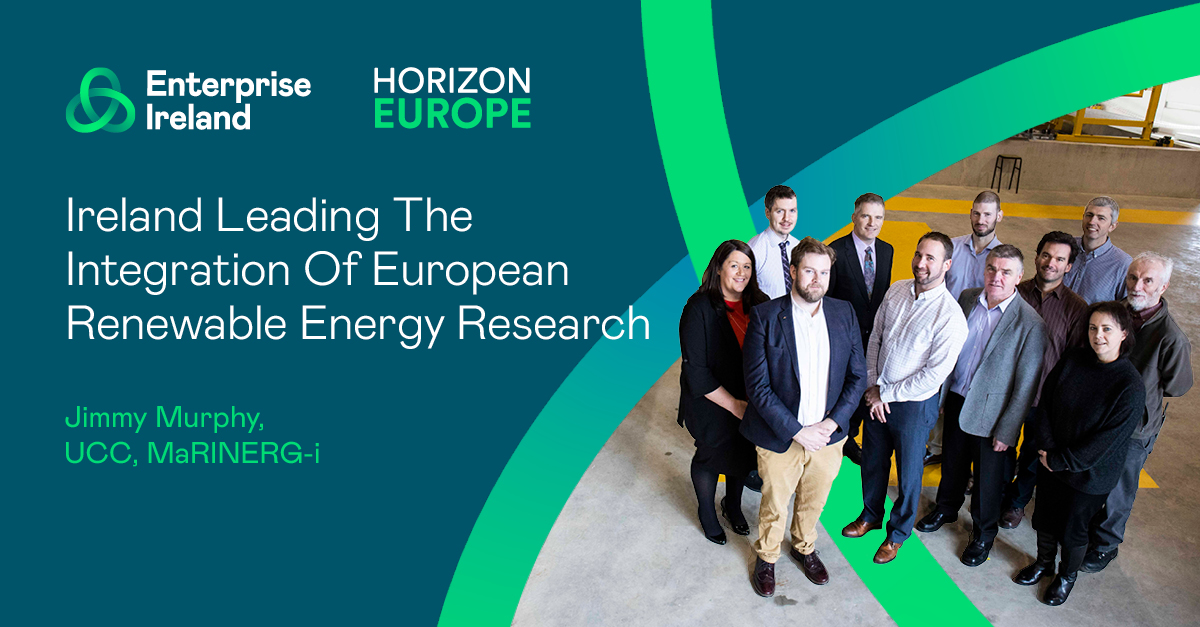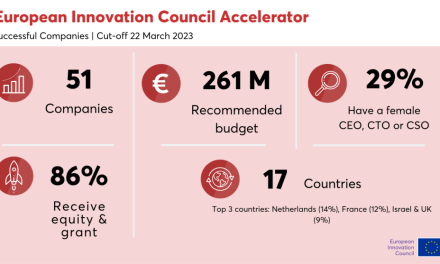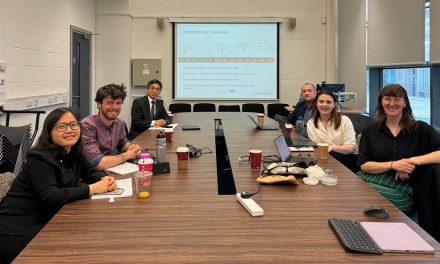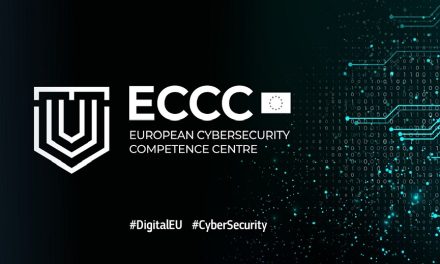As European nations strive to meet ambitious renewable energy targets, an Irish-led research group is seeking to integrate related research in the region.
The MaRINERG-i Distributed Research Infrastructure has been set up to consolidate expertise investment and access to infrastructures across Europe, with the goal of fostering innovation in offshore renewable energy technologies. These include offshore wind, wave, tidal and floating solar.
As the only integrated offshore renewable energy platform of this scale worldwide, it will be the epicentre of this developing industry. Without €2m in support from the EU Horizon 2020 programme, however, it could have been stopped in its tracks.
Conducting vital research for offshore energy
“People talk about offshore renewable energy as though it is ready to go, but we can’t put huge floating wind farms out in the Atlantic before the technology is fully developed,” explains Jimmy Murphy, a senior lecturer at University College Cork (UCC) and project co-ordinator for MaRINERG-i.
“These research infrastructures are the basis of developing and testing offshore renewable energy technologies. They can accelerate the development process, which is critical as we face ambitious European targets for offshore renewable energy for 2030 and beyond.”
Among other things, MaRINERG-i aims to streamline research, testing and training in the field, along with enabling the adoption of common codes of practice, implementing a secure online infrastructure, and informing national and EU policy and investment strategies.
Building on previous European funding
The MaREI Centre at UCC is coordinating MaRINERG-i, which brings together 13 partners from all the European countries with significant testing capabilities in offshore renewable energy (Germany, Belgium, Denmark, Spain, France, the Netherlands, Ireland, Italy, Norway, Portugal, the United Kingdom and Sweden).
MaRINERG-i builds on the success of earlier EU-funded projects MARINET and MaRINET 2, which succeeded in developing research across 36 centres around Europe. Murphy and his peers learned from this work, that deeper and more long-term work was needed to integrate the research infrastructure around the region.
To this end, it applied in 2016 to get on the roadmap for EFSRI, the European Strategy Forum on Research Infrastructures, which aims to develop Europe’s scientific integration and strengthen its international outreach.
“EFSRI identifies research infrastructure of the highest European significance,” explains Murphy, “and the research infrastructures on its roadmap are the crown jewels. To progress our concept we needed to get on the roadmap, and there is a lot of competition and a long process for that.”
On reviewing the MaRINERG-i team application, EFSRI told the group its concept was promising, but needed to be further developed so a H2020 funding opportunity was made available.
Understand the funding challenges
The H2020 MaRINERG-i project differed from other EU-funded research projects in that the funding call was specifically designed for it and other ESFRI identified emerging infrastructure concepts. “We still had to follow the rules of the call and ensure that we submitted a proposal that at least exceeded the threshold mark in order to get the funding,” says Murphy.
He adds, however, that even in this case, managing the funding process can be demanding. “You must be very committed to the process. There is a lot of information required and it takes a lot of time. We effectively had to dedicate a person to it for three months.”
Other challenges involved as a co-ordinator include communicating effectively with such a wide group of stakeholders and ensuring all involved can agree to a common concept, he says.
Making the most of Horizon 2020
With the Horizon 2020 funding, MaRINERG-i was able to develop a scientific plan for the long-term distributed research infrastructure (DRI), along with a business plan and a financial model, along with determining the type of legal entity that would best co-ordinate the research infrastructures.
“We catalogued the research needs in the offshore energy sector and put that in our science plan,” says Murphy. “For the business plan, we had to be serious and show that it was a credible plan. That meant we had to engage with government officials, and research institutes in 12 countries.”
As part of the Horizon 2020 project, the MaRINERG-i group also developed a mission and vision statement, a value proposition and a stakeholder engagement plan for the long-term DRI. On completion of the project all the information required to make a new application to ESFRI was gathered.
Looking to the long-term
EFSRI added MaRINERG-i to its roadmap in 2021 and the project is now preparing a Horizon Europe application to fund a preparatory phase to set up a European Research Infrastructure Consortium (ERIC) by 2026. This will be an independent legal entity of the EU and will mean the DRI is then fully operational, a decade after MaRINERG-i first applied to the EFSRI roadmap.
“Leading this work will enhance our international reputation,” says Murphy, “while also enabling our research, strategy and policies, and helping create some employment.”
He adds that the MaREI centre in UCC has been hugely supported by Enterprise Ireland, the Marine Ireland Industry Network, Science Foundation Ireland, the Sustainable Energy Authority of Ireland and the relevant National Contact Point.
If you would like advice about accessing Horizon Europe support or further details, please contact horizonsupport@enterprise-ireland.com or visit www.horizoneurope.ie
